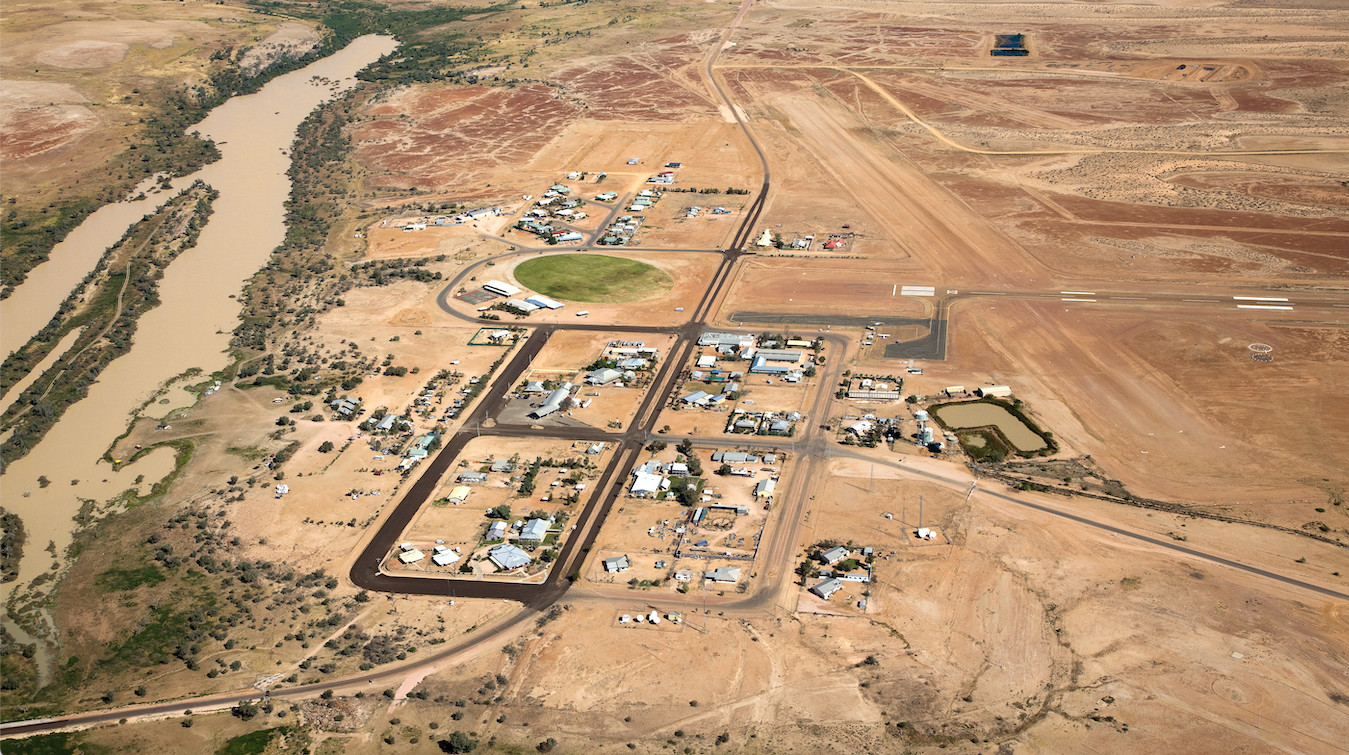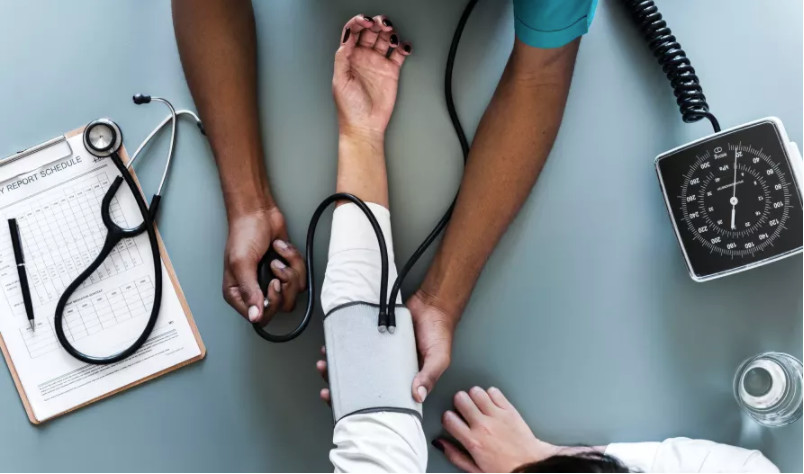
Health & Medicine
Improving cancer care through good communication

Clinical trials are linked to better health outcomes, but people in rural and regional areas don’t have equitable access
Published 22 March 2022
It is a confronting fact that patients in regional and rural Australia are more likely to die younger, develop cancer, and have less access to effective treatment than those living in cities.
This inequity affects nearly seven million people, with three out of every 10 Australians living in rural or remote areas.

On the flip side, we know that access to clinical trials can improve outcomes, quality of life, and help patients be more engaged in their health care.
However, clinical trials are often centred around hospital-based care and can prove challenging for people based in regional and rural areas to access due to time, cost and social disruption.

Health & Medicine
Improving cancer care through good communication
So, we are taking the clinical trial model and rolling it out through rural general practice research networks and using telehealth-based care, known as tele-trials, to reduce these barriers and reach wider cohorts of eligible patients.
While trials are usually linked to a hospital, our model will reach people in regional areas with common conditions that receive community-led care – like heart disease or diabetes. This will enable access to a broad range of trials that don’t require patients to be recruited or treated in a hospital.
Trials will focus on early detection and prevention of disease, as well as care of common conditions that are currently managed in primary care with your local GP (General Practitioner).
The trust in existing relationships with GPs is an important component of our recruitment plan – 85 per cent of Australians visit their GP multiple times each year, and over 80 per cent of patients feel their GP always shows respect.

Led by our team at the University of Melbourne, prominent academic GPs from across Australia are joining forces to create the PARTNER network. By 2025 there will be 90 regional practices in PARTNER as part of the Australian Teletrial Program; a joint initiative of six states and territories led by Queensland Health.

Health & Medicine
Why you should go on a clinical trial
By running the trials through an established network, the program will provide regional patients with access to clinical trials which they might otherwise not be invited into. We’re building on examples of similar practice-based trials networks from overseas, such as the UK Clinical Trial Research Network.
Each of the GPs is a clinician-researcher with the local connections to make PARTNER a success but also ensure that Australians across the country have better access to new treatments and diagnostics.
State-based coordinators will provide improved engagement and upskilling of the local workforce. They will also help connect other research teams, who wish to access the Partner network, to individual practices who wish to participate in a particular trial.
To improve the efficiency of recruitment for clinical trials, we are using two University of Melbourne platforms.
The first, TorchRecruit™, creates tailored algorithms to identify patients who are eligible to participate in clinical trials using electronic medical record data. This will enable a more streamlined and cost-effective approach to clinical trial recruitment.

Depending on the study, recruiting participants may take weeks to months whereas TorchRecruit™ allows eligible patients to be identified and approached in a matter of days.

Health & Medicine
Widening access to clinical trials
We are also inviting practices to share their de-identified electronic data to contribute to the University of Melbourne PATRON database. PATRON is a secure repository of data from general practice medical records from over 120 Victorian practices.
Extracting electronic data from PARTNER practices could support the efficient collection of information about the clinical outcomes of trial participants as well as support rural health services research.
Primary Care Collaborative Cancer Clinical Trials Group (PC4) – Australia’s largest primary care cancer clinical trials group – is leading the ‘Identifying cirrhosis and liver cancer in primary care’ (IC3) trial, which will recruit 2,800 patients and become the first exemplar trial in the PARTNER program.
IC3 will use TorchRecruit™ to identify people at increased risk of cirrhosis and trial a new biomarker test to identify people who require screening for liver cancer. PARTNER is bringing the trial to rural patients, where large populations are at risk of liver disease and liver cancer.

As more general practices join the network, PARTNER will become a major resource for helping rural patients gain equitable access to trials and better health outcomes.
The PARTNER network is funded by the Commonwealth Government’s Medical Research Future Fund – National Critical Infrastructure Initiative: 2019 Rural, Regional and Remote Clinical Trial Enabling Infrastructure grant for The Australian Teletrial Program – access to clinical trials closer to home, amounting to $A75.2 million.
PARTNER is being developed by the Department of General Practice, the University of Melbourne in collaboration with Professor Clare Heal, James Cook University; Professor Jan Radford, University of Tasmania; Dr Andrew Kirke, Rural Clinical School, University of Western Australia; Professor Nigel Stocks and Associate Professor David Gonzalez-Chica, University of Adelaide.
Banner: Getty Images